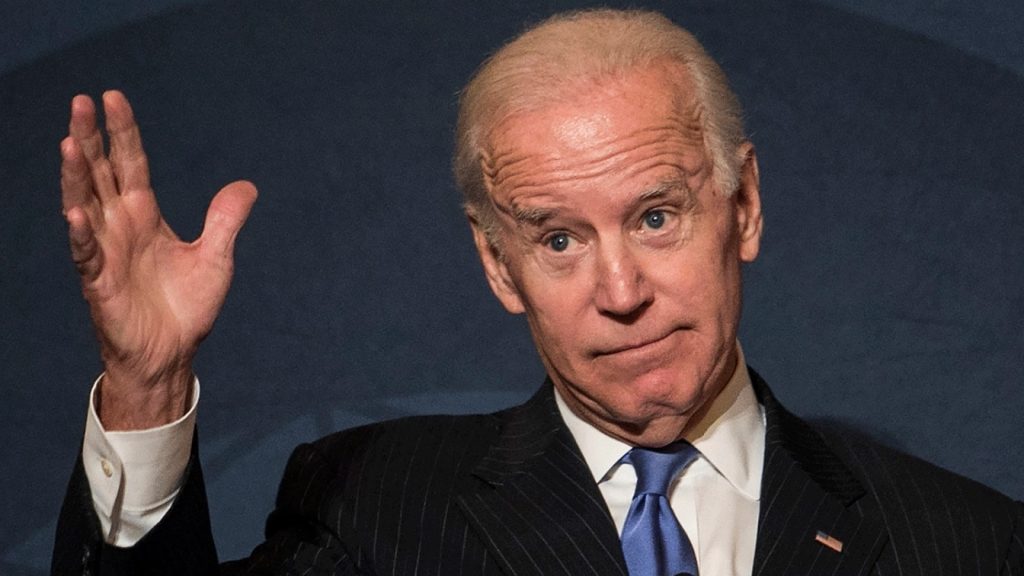
The Social Security Act was created in 1935 under Franklin D. Roosevelt as a federal safety net for elderly, unemployed and disadvantaged Americans. The new policy was largely created in response to the Great Depression that left many, particularly the elderly, devastated.
Its financial solvency was always dubious given the younger generation is essentially working to pay the current generation’s monthly allowances.
At some point, money out was always going to exceed money in for any number of reasons; population and age demographic changes, increased life expectancy, inflation, and system shocks, just to name a few.
That point was reached in 1977 when it became clear the popular program was in financial peril. Despite many amendments, commissions, and downright Jimmy- rigging, the program is the biggest drag on the federal government’s budget, accounting for more than 20% of overall spending.
And now, Social Security is facing a $22.4 trillion financing problem that is due, in part, experts say, to income inequality.
Biden’s Social Security Plan
Joe Biden has a plan to restore solvency until 2040, analysts predict. If passed, new legislation would extend the current 12.4% payroll tax to all income over $400,000. Currently, there is a maximum taxable limit at $170,000. That leaves a gap in taxable income for those making between those two numbers, but eventually that would shrink as the taxable limit increases year after year until all income would be subject to the Social Security payroll tax.
According to a survey from the University of Maryland, most voters – 79% of Republicans and 88% of Democrats support the idea.
However, the amendment to the program only reduces 61% of the long-term funding shortfall. That leaves almost 40% to make up for in either cuts in payments or other revenue generating sources, a common source of conflict in Congress during debt debates.
Should Social Security Exist?
Here’s an unpopular opinion. We should have never created a permanent safety net for retirees. Nor should we tether health insurance to employment or bail out Silicon Valley banks, but I’ll save those gripes for another piece.
It made sense back when the program began when there were roughly 16 workers for every beneficiary. That ratio is now less than 3 to 1 and Social Security makes less and less sense.
But it’s too late now. As anyone in government will tell you, it’s quite easy to create policies and nearly impossible to undo any of them. Many of the inefficiencies of the stifling bureaucracy we suffer under today is due to outdated, irrelevant policies and programs. Market failures or unpredictable catastrophes often prompts government intervention but rarely are the safety nets recoiled once the market stabilizes, leaving never ending spendthrifts in the budget. Not to mention a litany of moral hazard.
Most politicians, when drafting policy to solve current market and societal problems, rarely consider the long-term consequences or the psychological effects of interventionist policy, economic and other.
As citizens continue to demand their government do more and more for them and do less and less for themselves, these types of financial disasters and frustrations produced by government bolsters will only continue.
Those who put money into the social security system have a right to be upset at the likely insolvency of the program once it’s their due. They were forced to participate in a government plan rather than encouraged to manage their money and invest wisely for themselves, a move that often proves to be more lucrative than Social Security payouts. After more than a couple decades of paying social security tax, I want my money back, too.
At some point, however, someone will have to make the sacrifice. Selfishly, of course, I don’t want that to be me, but the roosters always come home to roost and it’s just a matter of who’s cleaning the pen when they do.